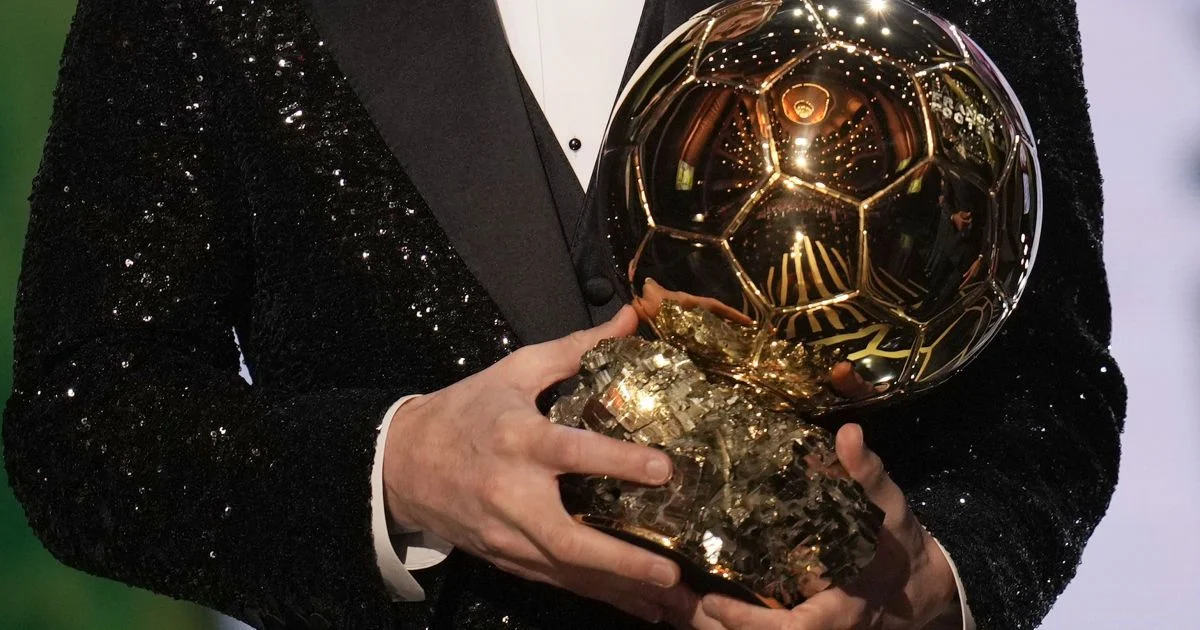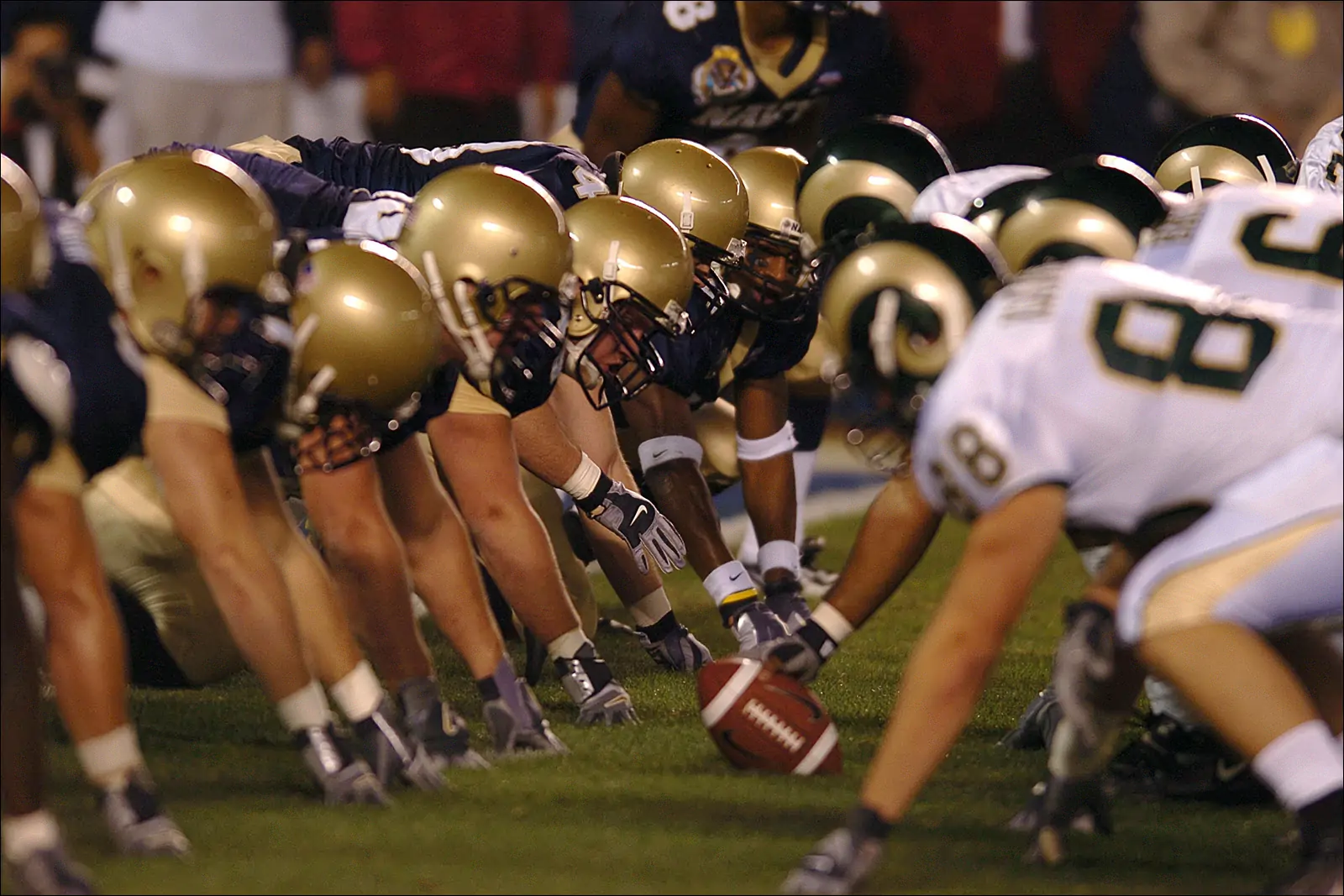Have you ever found yourself saying, “That’s it, starting Monday I’ll start working out!” but never actually make it to the gym? You are not alone. Many people think that regular exercise requires immense willpower, but in reality, it’s not about that. This article is not about forcing yourself, but about how to love sports and make it a natural part of your life. We will explore how our habits work, and with simple yet effective techniques, you will be able to:
- Start exercising without stress and guilt.
- Feel the real thrill of movement.
- Turn sports from a duty into a favorite activity.
This is a step-by-step guide that will help you build a comfortable system based not on inspiration, but on real behavioral mechanics that have stood the test of time. Get ready to forget about self-sabotage and start enjoying physical activity.

How to Establish a Habit: From First Steps to a Stable System
The start is rarely easy. Success usually comes to those who do something rather than just contemplate. To understand how to love sports, it is important to eliminate over-ambitious goals and incorporate a reasonable routine. Walking for 30 minutes daily reduces anxiety by 19% (according to the American Psychological Association), and simple exercises on a mat normalize dopamine levels faster than watching a series.
Five minutes of activity at the same time every day forms a stable behavior in 21 days. The “glass staircase” technique recommends increasing the load by 10% per week. This does not cause rejection but creates a sense of progress.
Finding Time for Sports
When looking for an answer, the thesis of “too much work” often arises. In practice, time is not taken up by tasks but by lack of planning. Google conducted a study among employees and found that 32% of time is wasted on micro-scrolling and disorganized communication.
Planning based on biorhythms helps integrate workouts without compromising productivity. Morning sessions (6:30–8:00) activate cortisol, stimulate concentration, and reduce the craving for sweets by 34%. Evening workouts are ideal for relieving muscle tension after work.
Approaching Through a Goal: Sports as a Means, Not an End
A goal is the only motivator that can compete with the couch. When a clear understanding of why it is needed is formed, an attachment to the result emerges. How to love sports if it seems like a waste of effort? Reframe the task.
Improving quality of life starts with measurable benchmarks: better sleep, increased energy, reduced frequency of respiratory infections. According to McKinsey, 78% of people who incorporate physical activity into their routine increase productivity by 23%.
Breaking Barriers: Fighting Laziness and Disbelief
Laziness is not the cause but a symptom. Lack of changes in the body or mood breeds inaction. In terms of motivation for sports, only honest feedback works: measurements, trackers, numbers.
A simple track list on a smartphone, recording minutes of activity, heart rate, and water intake, forms a cycle of positive reinforcement. Every movement is not just a warm-up but an investment in a new lifestyle. Tracking yields results: motivation increases 2.4 times faster for those who see progress on a graph.
The Power of Environment and the Right Trigger
The influence of friends dressed in compression gear and planning a workout over coffee is 8 times stronger than watching an inspiring video. The social factor works consistently.
The role of clothing in the ritual is underestimated. The outfit should not just fit in size—it triggers action. Changing into sports attire sets the mood. Color affects psychophysiology: blue enhances attention, red boosts strength. Therefore, choosing equipment is not a whim but part of discipline.
When a Trainer is a Catalyst
A professional trainer is not only a source of techniques but also a buffer between a person and their weaknesses. The trainer monitors micro-errors, adjusts the workload, explains the importance of movements. Under the specialist’s guidance, mistakes are not reinforced, the body adapts safely, and progress becomes steady.
Liking sports under the supervision of a trainer means eliminating doubts and increasing the efficiency of efforts. Instead of a dozen unrelated exercises, there is a structured session focusing on the necessary muscle group and target load.
Diet—Not an Enemy, but Fuel
A nutritionist does not prescribe fasting—they tailor a regimen in which the body receives resources for recovery. A deficit of micronutrients leads to decreased endurance, slowed tissue regeneration, and decreased motivation. Protein, magnesium, omega-3 are basic elements without which fitness turns into torture.
A correct diet tailored to activity normalizes weight, restores biochemistry, and reduces inflammation. For example, a combination of chicken fillet, buckwheat, and spinach after a workout accelerates muscle recovery by 1.8 times.
How to Love Sports: Effective Methods
A systematic approach forms a stable attitude towards activity not through willpower but through clear, understandable actions. Specific methods that spark interest and reinforce the effect include:
- The small step method—5 minutes of movement per day to form a habit.
- Linking to a trigger—exercise after coffee, in the morning, or after work.
- Social contract—workouts with a friend or in a group.
- Digital tracker—an app to record steps, heart rate, and progress.
- Ritual of attire—changing into sports clothing to prepare mentally.
- Gamification—challenges, rankings, points.
- Aligning biorhythms—workouts during personal energy peak hours.
- Realistic goal—not weight, but endurance, strength, mood.
- Micro-rewards—massage, sauna, a tasty breakfast after exercise.
- Expert support—guidance from a trainer and nutritionist.
Each method activates a behavioral trigger and reduces internal resistance. It forms not just motivation but a sustainable attachment to action.
When Sports Are Not Effort but a Part of Life
Physical activity changes the structure of the day, response to stress, even the logic of nutrition. A body that receives regular movement begins to demand it at a physiological level. It is no longer a task but a necessity. Learning to love sports means integrating it into a rhythm where energy is generated rather than depleted.
Sports as a Factor in Quality of Life Evolution
Incorporating workouts improves mood, strengthens discipline, stabilizes biorhythms, and reduces the risk of depression by 26%. People who exercise three times a week achieve goals in other areas faster—according to a study by the University of Leeds, their productivity is 21% higher, and their stress resilience is 33% higher.

Loving sports means seeing it not as a luxury but as an effective tool that impacts everything from career success to the quality of personal life. Love for sports is not a starting point but a finish line reached through habit, actions, and precise adjustments tailored to oneself.
How to Love Sports: Conclusions
Learning to love sports is not a matter of taste but a result of mindset. Habit, structure, and clear goals make movement a natural part of the day. Workouts cease to be a task and become a resource: they restore energy, stabilize the state, enhance self-control. The right system provides not only a physical response but also a new quality of life.
 en
en  de
de  ar
ar  es
es  nl
nl  hi
hi  fr
fr  it
it  pt
pt  el
el 









